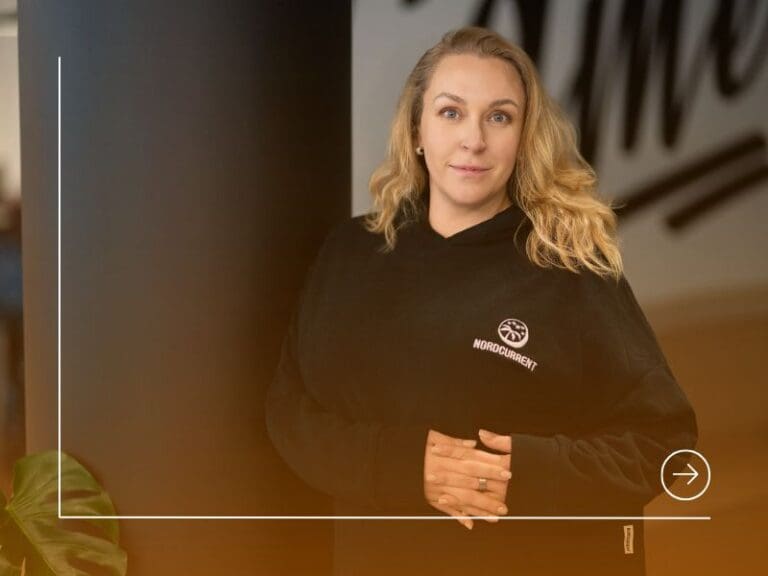Why is there still a lack of diversity – and particularly gender diversity – in the tech sector?
Women still account for less than 20% of the tech workforce. Women remain underrepresented in a sector that is a trailblazer for innovation yet cannot work out how to diversify its workforce.
Encouraging more women to study STEM subjects at university, and inspire them to consider a career in tech, would be a step in the right direction to address the gender imbalance. But the blame is not solely at the feet of education.
Companies are still not doing enough to address the diversity imbalance in the tech industry – and not just the lack of women in tech, but diversity across the board.
One possible answer lies with human psychology. Research has shown that human decision-making is often influenced by subjective factors that may not be relevant to the role. In other words, we have a preference towards what we already know or that reminds us of something familiar. And those unconscious biases can be seen in HR behaviour.
Evidence suggests that tech companies are especially prone to unconscious bias in recruiting, preferring to choose a candidate who reminds them of other candidates they may have previously recruited for the same role.
For example, the typical profile expected when hiring for a developer position is often a man between 25 and 35 years old, with more than two years of experience and has a higher university degree in Computer Science or Engineering.
This hiring pattern has been described as “recruiting of clones”, and these biases make it harder to have ethnic, cultural, or gender diversity in an organisation.
What chance does a highly-skilled woman have of securing a coveted tech position if unconscious biases are ingrained in the culture of many tech businesses?
Why is diversity in tech so important?
Innovation is achieved by having a diverse workforce where members can challenge each other and bring new perspectives. Men and women see things differently. Having more women in senior positions of responsibility should result in different and unique ideas being brought to the table.
Also, not every end user is a white, 20-something male. End users are a mix of genders and ethnicities from various backgrounds. It makes sense that a more diverse workforce will be able to tap into all that purchasing power.
What are tech organisations doing to increase diversity across their workforce?
The barriers to entry need to come down to encourage other people from different ethnic and educational backgrounds to have the confidence to apply for jobs in tech.
It should be about the right person for the job, and they should be chosen for their skills not ethnicity, gender, cultural and educational background.
We are starting to see more companies recognising the importance of an inclusive recruitment strategy. If tech businesses are committed to addressing diversity and gender imbalance, they need to start by assessing their recruitment practices to see if unconscious bias exists.
Traditional hiring consists of recruiting on the basis of qualifications and professional experience corresponding to the position to be filled. But the CV is often the cause of much of the discrimination in the hiring process.
Rather than using the CV as the basis for hiring, companies should consider skills-based, anonymised evaluation, where candidates are assessed anonymously based on their professional skills and their ability to carry out an activity.
This can be done through a simulation-based evaluation system on a skills-based recruitment platform like CodinGame, placing the person in conditions identical to those they would encounter in their everyday job. It is then possible to certify that they have the skills required for the position and makes it more difficult to reject that person because of unconscious bias or on unfounded pretexts such as skin colour, gender, age or previous career path.
The tech sector has a long way to go to redress the gender imbalance, but accepting that unconscious bias exists would be a start.
What can be done to get more people from underrepresented groups into tech leadership roles?
The top positions in the tech sector are still dominated by white males. A recent study by CodinGame revealed that just 15% of Chief Technology Officers (CTOs) of FTSE 100 companies are women.
I know from personal experience that being a female in tech is not easy – particularly in a leadership role where you might be the only woman in the boardroom.
If we want to see more people from underrepresented groups in tech leadership roles it needs to start with encouraging more women, those from BAME groups and people with diverse educational backgrounds to consider careers in tech.
For example, we know how important strong female role models are in encouraging young girls and women to pursue certain careers – it’s no different in the tech sector. These role models could be found in schools, universities or leaders in the industry.
When we carried out some research recently, into female owners of tech companies, we were shocked to find just four percent of the founders of the UK’s fastest-growing tech companies are women. Why is that? Do women feel investment doors are not open for them? It’s simply not true that the low number of female founders is due to women having no interest in launching tech businesses.
There are many talented women out there, who have the skills, vision, drive and determination, but for whatever reasons founding a tech company continues to be dominated by men.








